Search
Search within HIV-AIDS
60 results found
Research paper
A Double Stress: The Mental Health Impacts of the COVID-19 Pandemic Among People Living with HIV in Rakai, Uganda
The COVID-19 pandemic presents complex, multidimensional challenges to maintaining the health and wellbeing of individuals worldwide. Mental health impacts of the COVID-19 pandemic for people living with HIV are poorly understood, especially in low-income settings. The study team conducted qualitative…
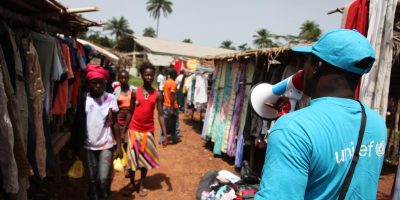
Background report
Addressing Ebola-related Stigma: Lessons Learned from HIV/AIDS
Many stigmatizing attitudes and behaviors directed towards those with EVD are strikingly similar to those with HIV/AIDS but there are significant differences worthy of discussion. Both diseases are life-threatening and there is no medical cure. Additionally misinformation about affected groups…
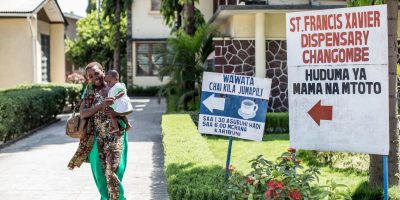
Background report
Preventing and Coping with HIV/AIDS in Post-Conflict Situations: Gender-Based Lessons
This briefing note summarises the rationale behind a symposium held in South Africa, which objectives were: to provide a quick overview of gender-sensitive practices which have been effective in preventing and coping with HIV/AIDS in communities in the aftermath of…

Evidence review
Visions, Voices and Priorities of Young People Living With and Most Affected by HIV
This report shares perspectives and insights from young people from around the world living with and affected by HIV, who share their visions for realising and claiming their sexual and reproductive health and rights (SRHR) and for setting priorities for…
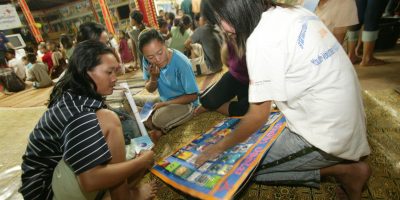
Tools
Group dialogue and critical reflection of HIV prevention: an evaluation of the C-Change Community Conversation Toolkit
Communication for Change (C-Change) set out to develop support tools that would foster interactive communication among low-literacy adults and prompt engagement on HIV prevention issues, including encouraging individual and group-oriented problem solving. The Community Conversation Toolkit (CCT) was developed using…
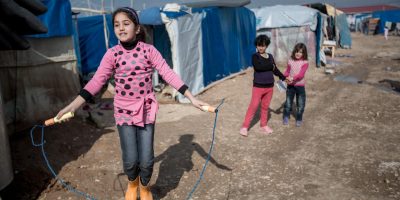
Evidence review
Challenges of Post-Conflict Recovery!
This document highlights on issues of Peace Recovery Development Plan (PRDP) and health service delivery in northern Uganda.The report reviews an assessment surrounding the recent influx of asylum seekers and refugees from South Sudan to Uganda and summarises its key…
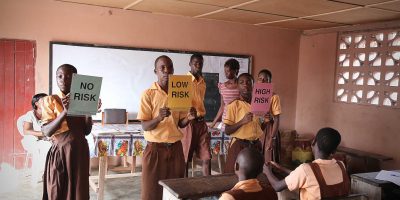
Not As Simple As ABC: Christian Fundamentalisms and HIV and AIDS Responses in Africa
HIV and AIDS remains a starkly gendered epidemic in the African region. Sub-Saharan Africans represent 68 percent of HIV+ people globally, with an average of 13 women infected for every 10 men. While men as a group have lower prevalence…
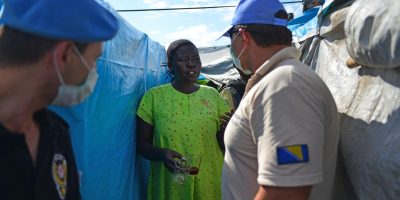
Background report
International Peacekeeping: Special Issue: HIV/AIDS and Post-Conflict Societies in Africa
Intorductory article to edition of International Peacekeeping which explores HIV/AIDS in post-conflict societies in Africa. It assesses the key aspects of these societies that contribute towards the spread and impact of the epidemic, such as poorly functioning national health systems,…
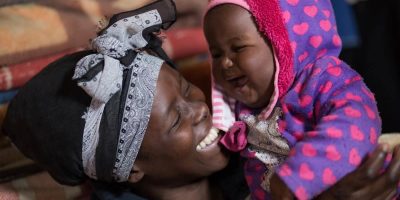
Background report
Human Rights and the HIV Response: Eastern and Southern Africa Region
Key populations, specifically people who sell sex (PWSS), people who inject drugs (PWID) and lesbian, and gay, bisexual, transgender and intersex (LGBTI) people experience significant human rights violations which underpin the continued high HIV incidence in these populations.This rapid assessment…

Evidence review
Coming of Age: Communication’s Role in Powering Global Health
Communication has been a consistent current running through many major health developments of recent years. And yet, despite the demonstrated promise of communication as a tool for improving public health, not enough has been done to date to capitalise upon…
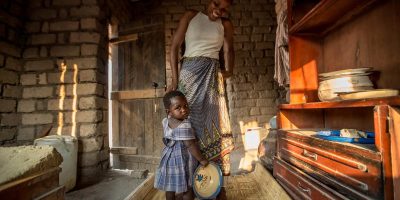
Briefing
The Microeconomic Impact of Interventions Against HIV/AIDS, Tuberculosis and Malaria
While the majority of interventions against HIV/AIDS, tuberculosis, and malaria had positive short-term effects, these were frequently not translated into long-term sustainable results.Cash transfers may have the potential of reducing HIV transmissions but the effect is so far insignificant.Increased access…
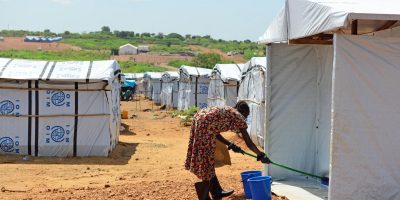
Futures thinking
Humanitarian trends in Southern Africa: challenges and opportunities
This report gives the findings of field research, secondary data analysis and detailed interrogation of humanitarian emergencies, and proposes six broad clusters of potential threats.


